[ad_1]
Japanese and Israeli technology expertise have merged in a new company blended from innovators in each country. Musashi Seimitsu Corporation, a Japan-based Honda Motor Corporation affiliate, has formed Musashi AI, a consortium, in collaboration with Israeli technology expert Ran Poliakine, founder of Poliakine Innovation and SixEye Interactive.
 |
|
The Musashi Automatic Inspection System was displayed at the AI Expo in Tokyo last month. (Source: Musashi AI) |
The goal of the Musashi AI consortium is to bring Industry 4.0 technology into reality in a matter of months rather than the industry’s common prediction of years. The new consortium aims to convene top technological minds from both countries in artificial intelligence, software engineering, hardware engineering, mathematics, and physics in order to produce Industry 4.0 tools. Musashi AI debuted two new products, an automated inspection system and a self-driving forklift, at the AI Expo in Tokyo last month.
A Blend of Two Tech Traditions
The idea for the consortium came about when Poliakine visited Musashi. “I was quite amazed to see how a company like Musashi is getting ready for Industry 4.0. I told Musashi about what is going on with Israel technology, especially in software, AI for security, ecommerce, and medical, and they saw that we could work well together,” Ran Poliakine told Design News. “We realized that much of the expertise we have in Israel can be useful to solve some big technology issues in industry.”
Poliakine then began looking at ways Israeli technology could be useful in building out Industry 4.0 concepts. “We put team together to look at Industry 4.0 in the production line,” said Poliakine. “We saw there is a lot of common technology that we have developed for other verticals that may be useful on the production floor. We took that view and came up with two cool ideas.”
Automatic Inspection System
One of the two “cool” ideas is the automatic inspection system (AIS). Based on artificial intelligence and newly developed optics, the AIS is able to replace people in quality control positions. “The quality issue is very important. Most of the parts in industry are getting inspected by humans. They’re very good at looking at parts to see if they are defective, and machines haven’t been able to do that,” said Poliakine. “The AI of the past could only imitate what a human can do. That has changed. Now the ability of machines to do the inspections effectively is a huge contribution. Now we can divert the human inspectors to a less boring and more useful part of production.”
The inspection system brings together the robotics and sensors that can manipulate the parts and gain data. The data can then examined to ferret out defects. “We designed an architecture that can do the job,” said Poliakine. “Robotic arms put the parts in the chamber. In the chamber, we have sensors and a brain with edge computing to figure out whether or not the parts are defective.”
Fully Self-Driving Automated Forklift
The fully self-driving automated forklift (FAF) is the other “cool” idea. The FAF navigates on its own, performing a variety of functions that previously required human interaction. The vehicle offers efficiency and meets safety standards aimed at preventing injuries to work staff on the warehouse floor.
“The FAF delivers supplies from one place to another. Eighty to 90% of the production floor has humans driving things from place to place,” said Poliakine. “Instead, we utilize the technology from the self-driving industry to move the materials. We use the AI brain to move the materials like an air-traffic controller. The system manages the traffic among multiple self-driven vehicles on the factory floor.”
Beyond the Auto Industry
While the AIS and FAF were developed with an automotive plant in mind, Poliakine noted that the technology can be applied to other uses in a wide range of industries. “The two products that came from the blended technology will be sold to industry as a whole, not just in automotive,” said Poliakine. “This technology can replace labor-intensive work by humans anywhere there is a production line, whether it’s automotive or pharmaceutical.”
Poliakine explained that Japan and Israel have recently started sharing a wide range of technology. “During the past 24 months, Japan and Israel have experienced real cooperation and collaboration in technology,” said Poliakine. “We in Israel believe we have a lot to offer in AI and software. In Japan they have an amazing legacy in technology and culture, and now they’re ready to take the next step.”
Rob Spiegel has covered automation and control for 19 years, 17 of them for Design News. Other topics he has covered include supply chain technology, alternative energy, and cyber security. For 10 years, he was owner and publisher of the food magazine Chile Pepper.

ESC BOSTON IS BACK! The nation’s largest embedded systems conference is back with a new education program tailored to the needs of today’s embedded systems professionals, connecting you to hundreds of software developers, hardware engineers, start-up visionaries, and industry pros across the space. Be inspired through hands-on training and education across five conference tracks. Plus, take part in technical tutorials delivered by top embedded systems professionals. Click here to register today! |
[ad_2]
Source link
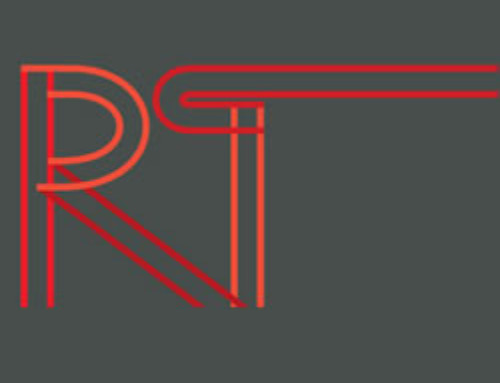
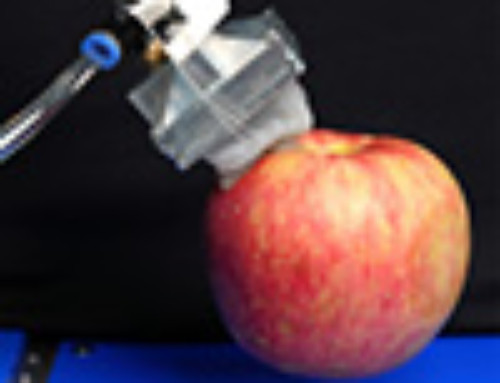
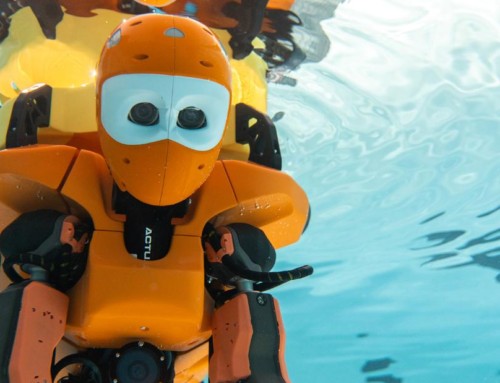
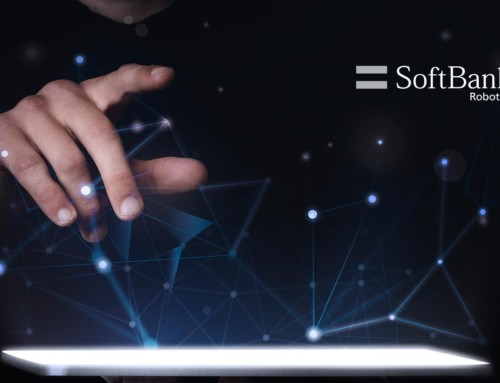
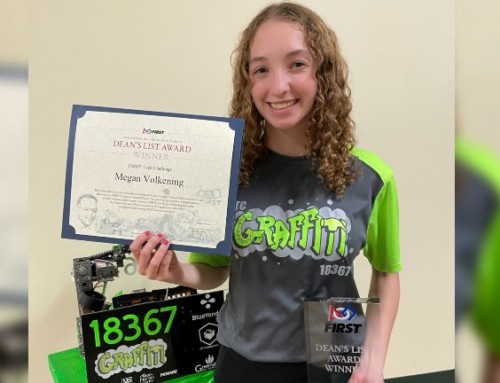
Leave A Comment
You must be logged in to post a comment.